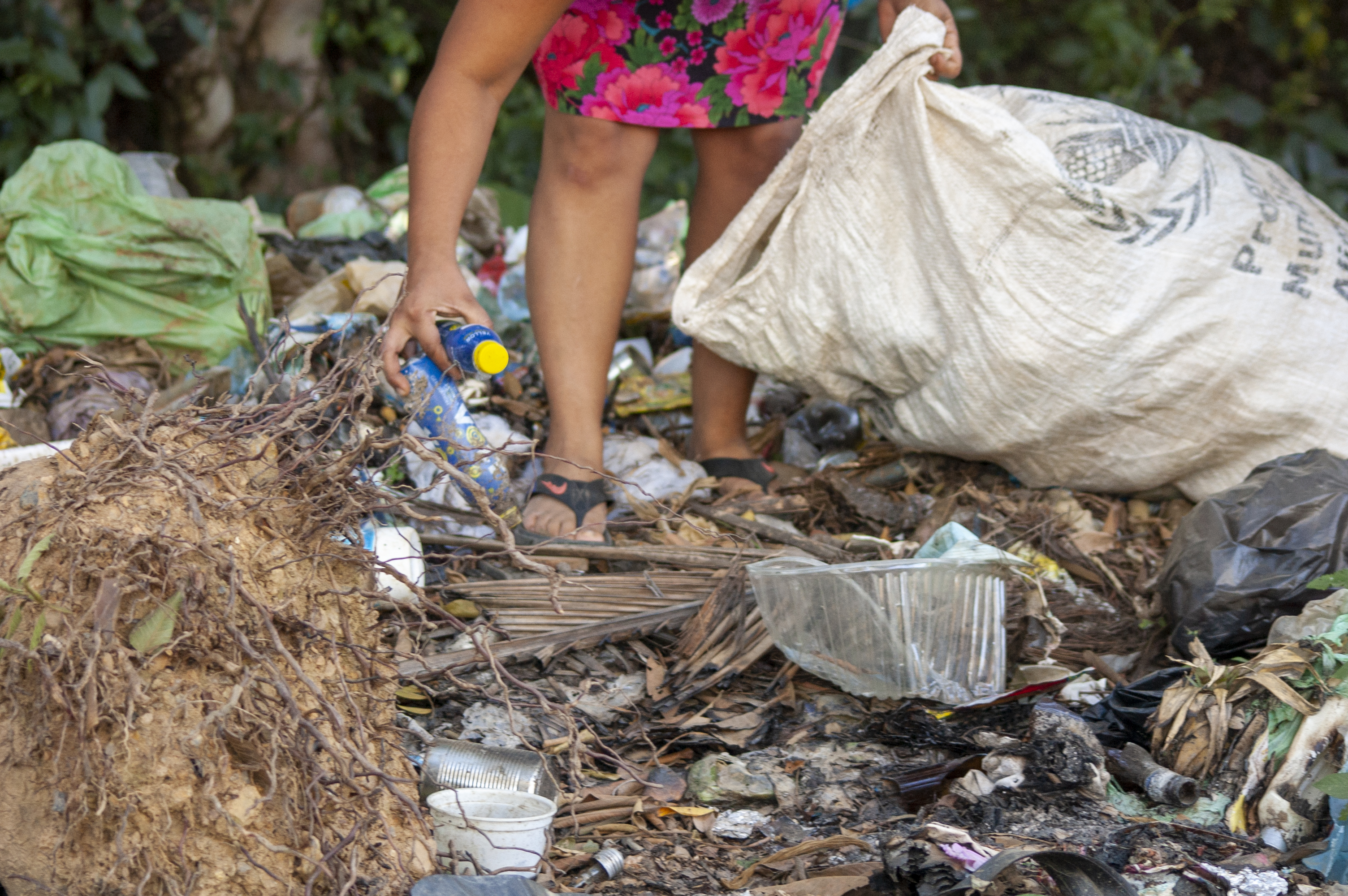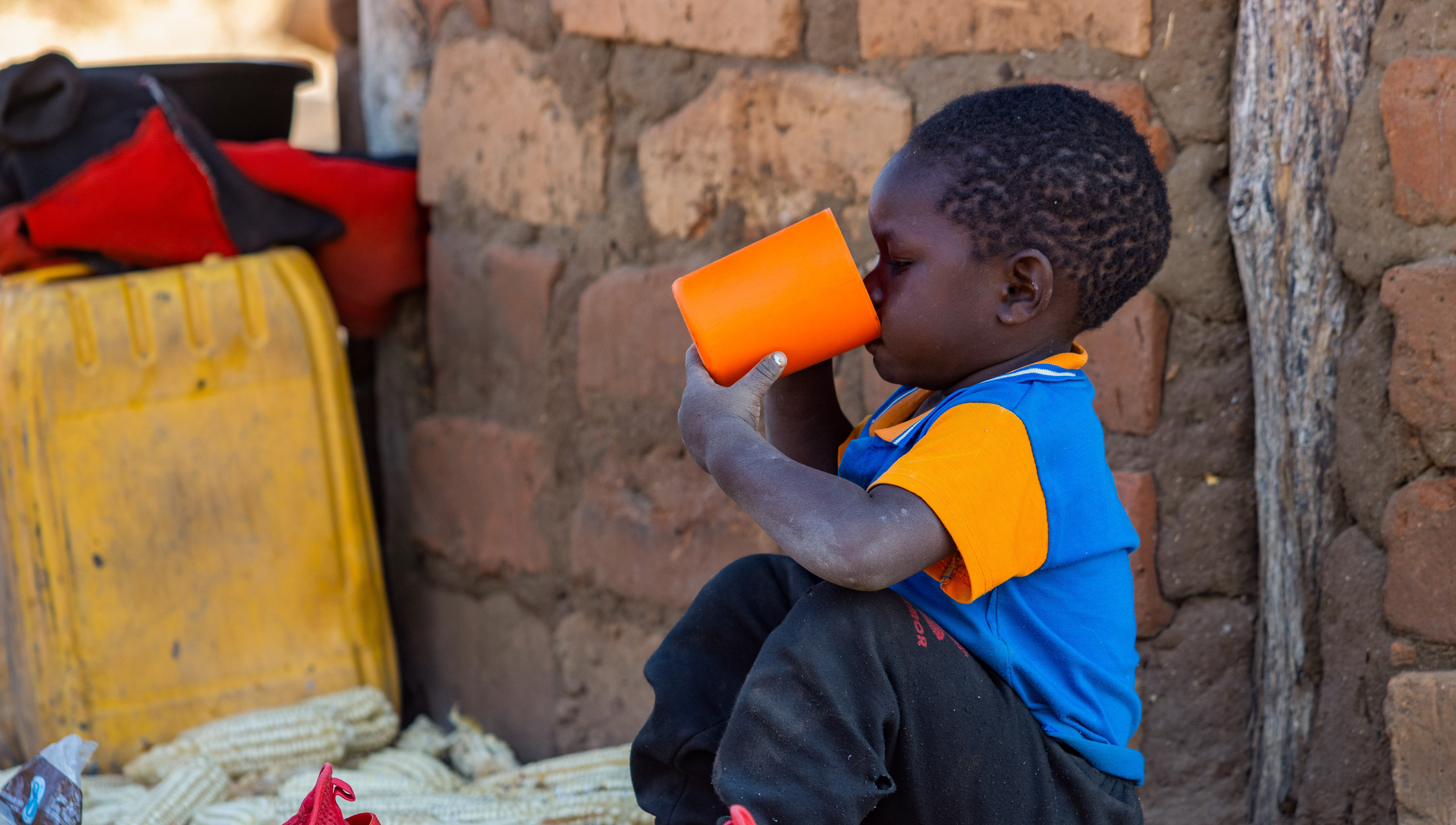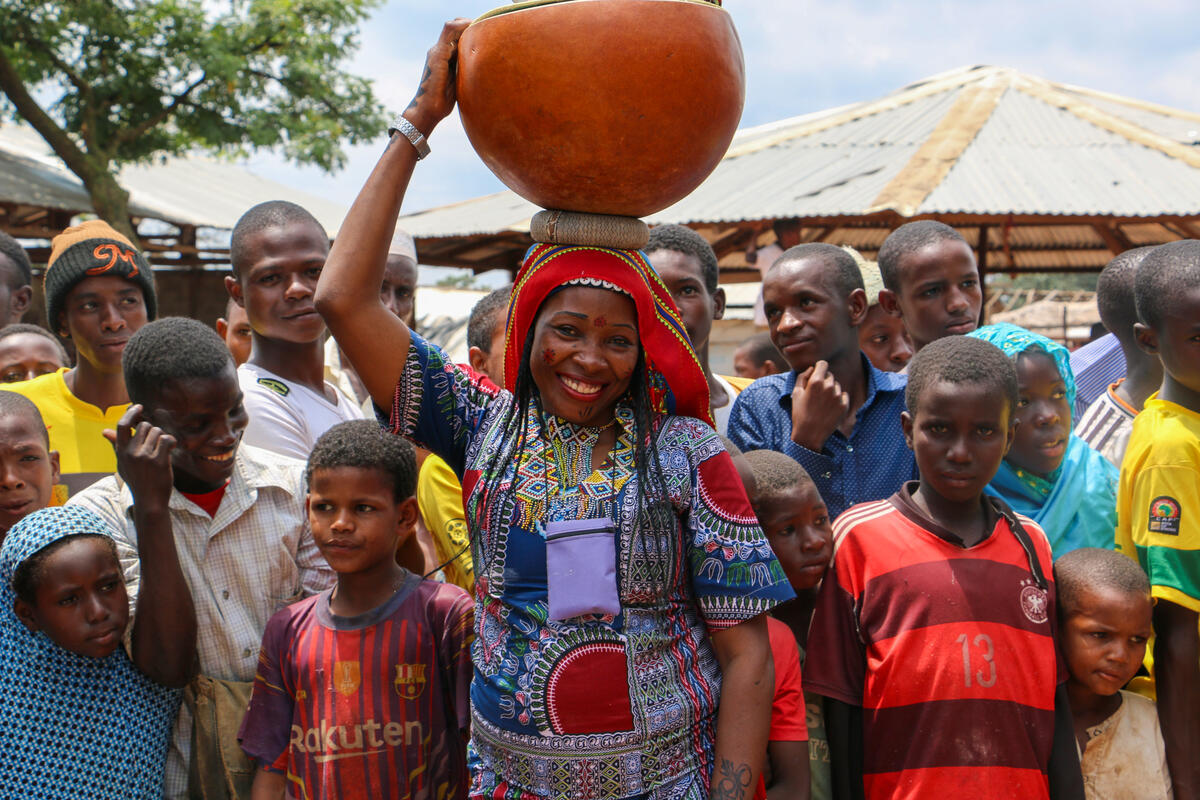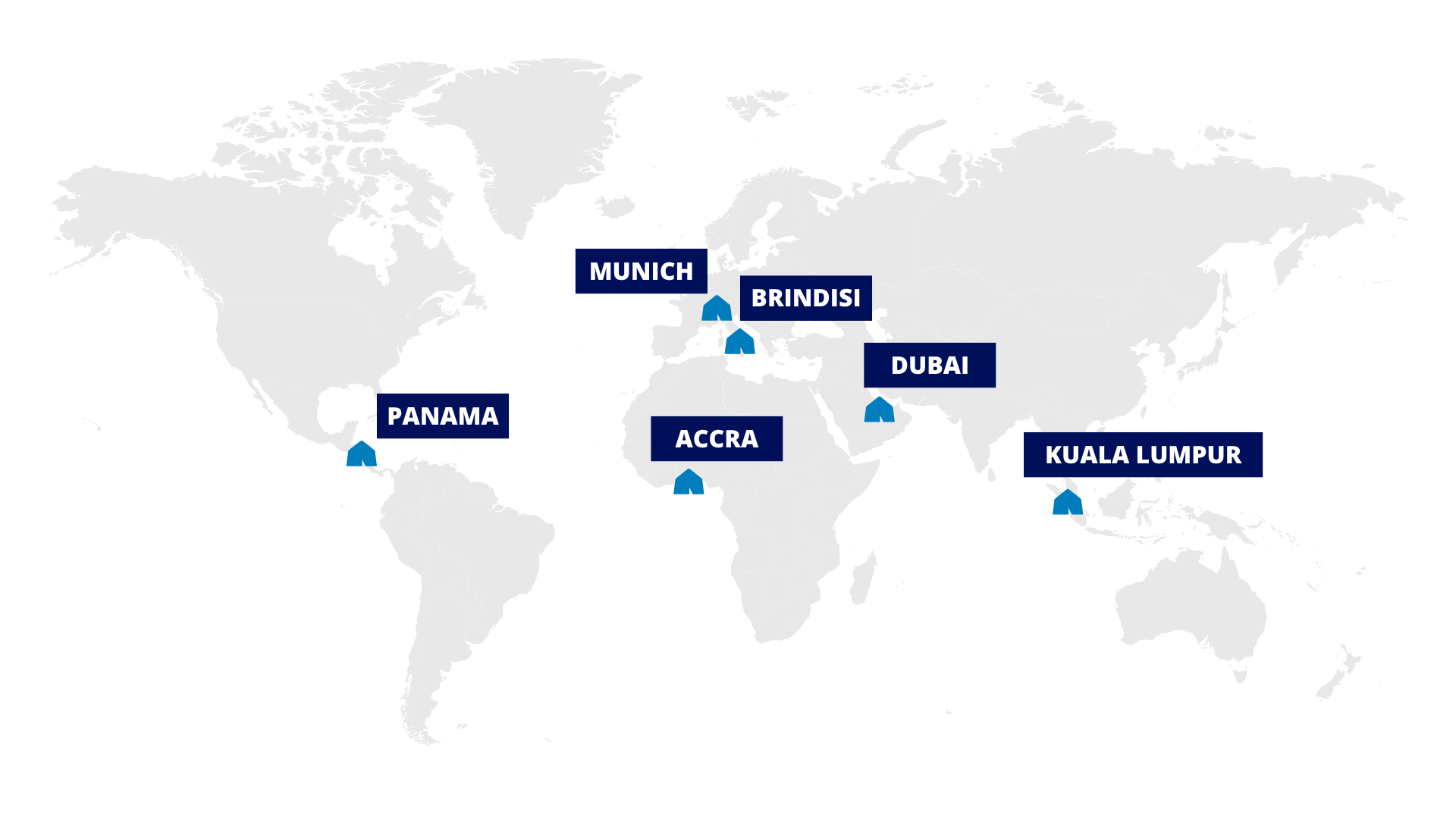Hiper aims to strengthen humanitarian systems and the communities they serve through:
Rooted in the operational excellence and innovation expertise of UNHRD and the WFP Innovation Accelerator, Hiper aims to future-proof humanitarian value chains by developing and deploying sustainable, scalable, crisis-ready solutions in three key topic areas:



UNHRD (United Nations Humanitarian Response Depot) serves as the logistics backbone of humanitarian operations. Through a global network of hubs in Italy, Ghana, the United Arab Emirates, Malaysia, and Panama, UNHRD enables rapid deployment of emergency supplies. Its Innovation Lab, based in Brindisi, Italy, drives product design and field testing for early emergency response — including shelter systems, sustainable kits, clean energy solutions, and waste reduction strategies.
The WFP Innovation Accelerator sources, supports, and scales high-impact innovations to end hunger and enhance humanitarian response. With access to WFP’s global field operations across more than 120 countries, the Accelerator provides funding, technical support, and real-world testing opportunities. In 2023, innovation initiatives supported by the Accelerator reached over 60 million people worldwide.
UNHRD and the WFP Innovation Accelerator have a unique global reach, enabling the partners to identify localized and scaling solutions and apply them on a broad scale.

Hiper takes an ecosystem approach to product innovation, supporting solutions from challenge definition through to scale-up. The initiative is structured around five interconnected phases: Discover, Mobilize, Catalyse, Accelerate and Enable scale.
Engage key stakeholders to understand needs and barriers on the ground.
Launch challenge calls to source innovative solutions.
Form “flocks” - collaborative working groups of innovators, responders and partners - to co-create and adapt solutions for field deployment.
Provide tailored technical and financial support, mentorship and access to testing environments.
Facilitate market access for innovations, as well as system integration for mature innovations.
Are you interested in getting involved with Hiper, supporting upcoming innovation challenges, or exploring how your solutions or capabilities could contribute to real-world impact?




